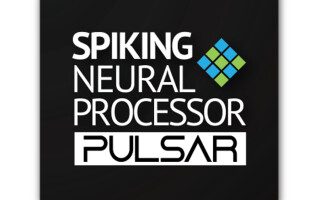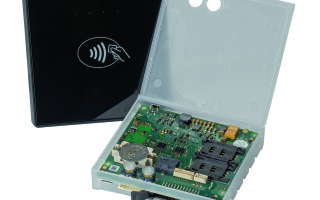Dev Kit Weekly - NVIDIA Jetson Nano
April 30, 2019
Video
Join Embedded Computing Design's Editor-in-Chief Brandon Lewis as he reviews the latest electronic development kits in less than five minutes.
This episode, Brandon gives a high level overview of the NVIDIA Jetson Nano. The Jetson Nano is an 80 mm x 100 mm developer kit based on a Tegra SoC with a 128-core Maxwell GPU and quad-core Arm Cortex-A57 CPU. This gives the Nano a reported 472 GFLOPS of compute horsepower, which can be harnessed within configurable power modes of 5W or 10W.
Just as important, however, the Nano falls into the sweet spot for DIY enthusiasts and maker pros… Not only is the platform compatible with shields from the Raspberry Pi and Adafruit ecosystems, it’s also priced right at just $99.
Enter the raffle to win this Jetson Nano development kit:
Questions for @techielew about the kit? Leave a comment. Or, take a deeper dive on the NVIDIA Jetson Nano by visiting https://www.embedded-computing.com/hardware/nvidia-s-99-jetson-nano-skimps-on-size-and-power-but-not-performance.





var disqus_shortname = 'embedded'; var disqus_identifier = '519616483'; var disqus_url = 'https://www.embedded-computing.com/latest-blogs/dev-kit-weekly-nvidia-jetson-nano';
var disqus_config = function () { this.page.url = disqus_url; this.page.identifier = disqus_identifier; };
(function() { var d = document, s = d.createElement('script');
s.src = '//' + disqus_shortname + '.disqus.com/embed.js';
s.setAttribute('data-timestamp', +new Date()); (d.head || d.body).appendChild(s); })();